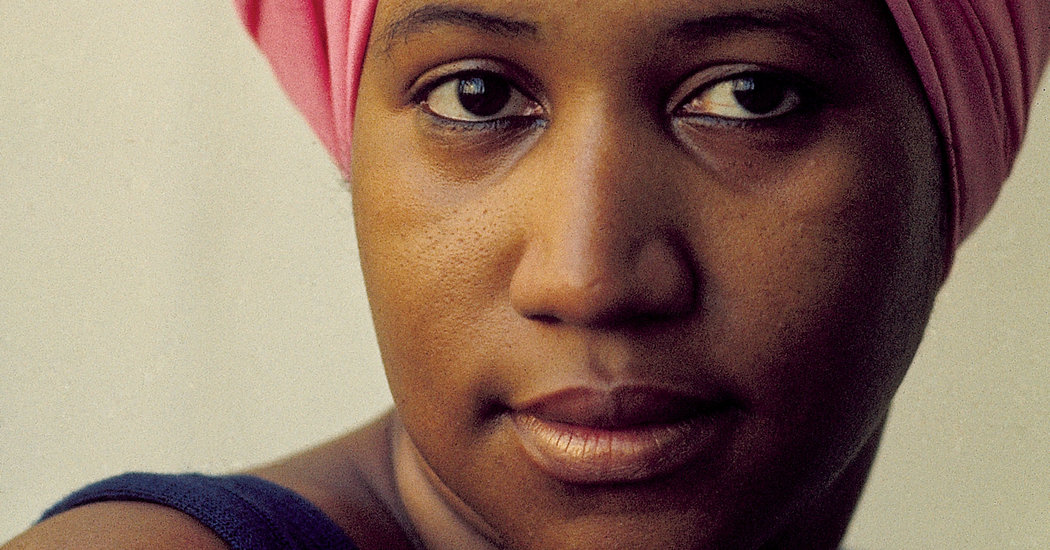For years, my Sunday mornings began with listening to Aretha Franklin’s Mary, Don’t You Weep, a seven-minute re-telling of the raising of Lazarus. The Queen of Soul wails with Mary, in pain and love and praise all together, “Master, my sweet Lord, if you had been here, my brother would never have died.” In Aretha’s voice, Jesus calls Lazarus from his grave first as softly as a mother waking a child and then with the power of victory over death. “Mary, don’t you weep/ Tell Martha not to moan/ Pharoah’s army drowned in the Red Sea.”
As Farah Jasmine Griffin wrote in The Nation yesterday
This is what we hear in Aretha’s voice. Truth. It is a voice that contains the spiritual and the field holler, the blues moan, gospel shout, and jazz improvisation. It is neither timid nor coy. It is sensually grounded and spiritually transcendent and completely lacking in contradiction.
Listening to “Mary Don’t You Weep” is a good way to start the day of the resurrection. But faced with the new report on sex abuse in six Pennsylvania dioceses this week and grieving the death of Aretha Franklin, I’ve been listening to it almost hourly. It holds some wisdom about fear and lament and hope, and we need that now.
Wednesday, as we were keeping the feast of Mary’s Assumption, many of us were also weeping, and maybe vomiting, over the details of sexual abuse included in the grand jury report. The Assumption is not just about Mary as the mother of Jesus, but about Mary as a sign of the Church’s transcendent identity. How do we celebrate the church’s participation in Christ’s victory on the day we read about clergy participating in covering up rape and sadism?
It’s tempting to minimize the sin in order to honor the feast. But that’s the wrong move, as though to proclaim resurrection we need to say that death isn’t really all that bad. The truth of sin and proclamation of the good news aren’t contradictions. The Queen of Heaven, who is also the Mother of Sorrows, cries out that God has “shown the strength of his arm, scattered the proud in their conceit.” Oh, Mary, don’t you weep. However deep the sin we sink in, grace is deeper still.
Turning toward truth, even horrifying truth, is turning toward the God of new life. If we hide from the truth, we hide from the voice that is calling us to new life.
Survivors of abuse need to do what their healing requires, and I won’t presume to tell them how that should go at this moment. But for those of us who are shocked, outraged, bitter, or despairing in the face of this new awareness of what has happened, here’s my suggestion:
Listen to Aretha sing about Lazarus, hearing in her voice the echoes of brothers and sisters who faced slavery and Jim Crow with the proclamation that God triumphs over sin. Let the queen of soul, as well as the Queen of Heaven, remind us that salvation comes from the one who has not been overcome by human sin. With the hope that the deepest Truth will be love, face these truths about the misery of sin and get to work answering the call to come out of the grave.





